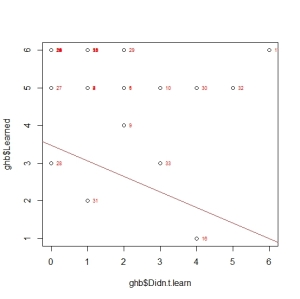
The Sun Stands Still
Just a little plug for The Sun Stands Still, a very short Unity based point and click adventure. Naomi Alderman, the author behind it, had a little bit to say about emotions and narrative on the BBC World Service’s Click programme:
Games have access to emotions of agency which you can’t necessarily get when you are audience-member or a reader.
Continue reading →









